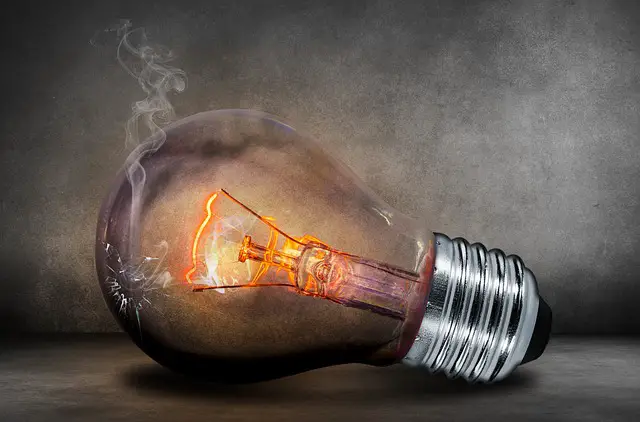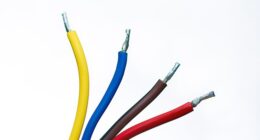Joules measure energy or work done over time, while Watts measure power or the rate at which energy is used or transferred.
TL;DR Joules Vs. Watts
Joules measure energy, representing the amount of work done or transferred. It is commonly used in physics and engineering to calculate the potential, kinetic, or thermal energy of an object or system.
Watts, on the other hand, measure power – the rate at which work is done or energy is transferred. Watts are widely utilized in electrical systems to determine how much electricity a device consumes or produces.
What is Joules?
Joules, named after the renowned English physicist James Prescott Joule, are a unit of energy in the International System of Units (SI). But what does that really mean? Well, at its core, a joule is used to quantify the amount of work done or energy transferred. It represents the effort required to exert one newton of force over one meter.
To put it in simpler terms, imagine you’re pushing a heavy box across the room. The amount of energy you use to move that box can be measured in joules. Whether it’s lifting weights, running on a treadmill, or even charging your phone battery – all these activities involve using and consuming different amounts of energy measured in joules.
But don’t confuse joules with watts just yet! We’ll get to that shortly. For now, let’s appreciate how versatile and fundamental this unit is when it comes to understanding and quantifying various forms of energy around us.
What is Watts?

Watts, named after the Scottish engineer James Watt, is a unit of measurement used to quantify power. It represents the rate at which energy is transferred or consumed in an electrical circuit. In simple terms, watts measure how fast work can be done.
To put it into perspective, imagine you have a light bulb that consumes 60 watts of power. This means that every second, the bulb uses 60 joules of energy to produce light. The higher the wattage rating on an appliance or device, the more electricity it will consume and the more powerful it will be.
Watts are commonly used when discussing household appliances and electronics because they provide a clear indication of how much energy these devices require to function. By understanding wattage, you can make informed decisions about which products are more energy-efficient and cost-effective.
It’s important to note that while watts measure power consumption or transfer rate, they do not take into account factors such as voltage or resistance in a circuit. These additional factors must be considered when calculating other aspects like current flow.
Watts are a unit of measurement used to determine how quickly work can be done by consuming or transferring energy in an electric circuit. Understanding wattage can help consumers make educated choices regarding their electricity usage and choose more efficient appliances for their homes and businesses.
Joules Vs. Watts – Key differences
| Aspect | Joules | Watts |
|---|---|---|
| Measurement | Unit of energy or work done | Unit of power or rate of energy transfer |
| Symbol | J (joules) | W (watts) |
| Formula | 1 joule = 1 watt-second | 1 watt = 1 joule per second |
| Usage | Measures total energy or work | Measures the rate of energy usage or transfer |
| Example | Lifting a 1 kg weight by 10 meters requires 100 joules | A 100-watt light bulb consumes 100 watts of power |
| Conversions | Joules can be converted to watt-seconds or watt-hours | Watts can be converted to joules per second or joules per hour |
| Common Applications | Used in thermodynamics, mechanics, and electrical circuits | Used in electrical and mechanical systems to express power |
Image Credits
Featured Image By – Arek Socha from Pixabay
Image 1 By – 51581 from Pixabay








